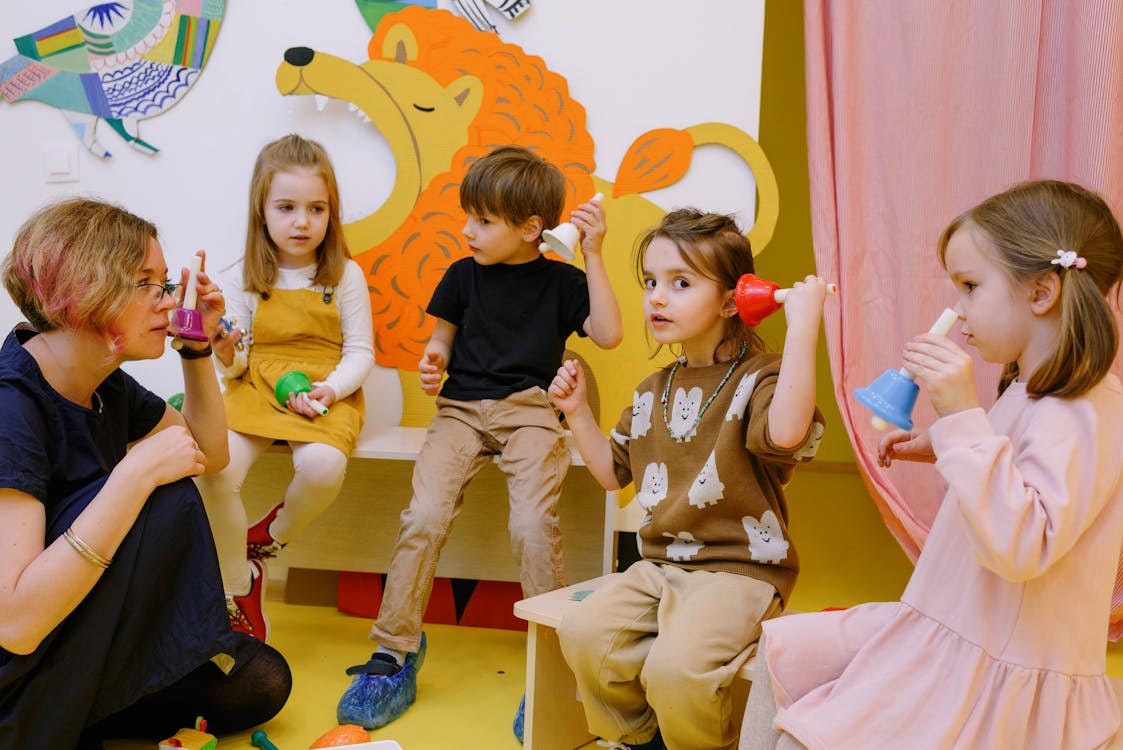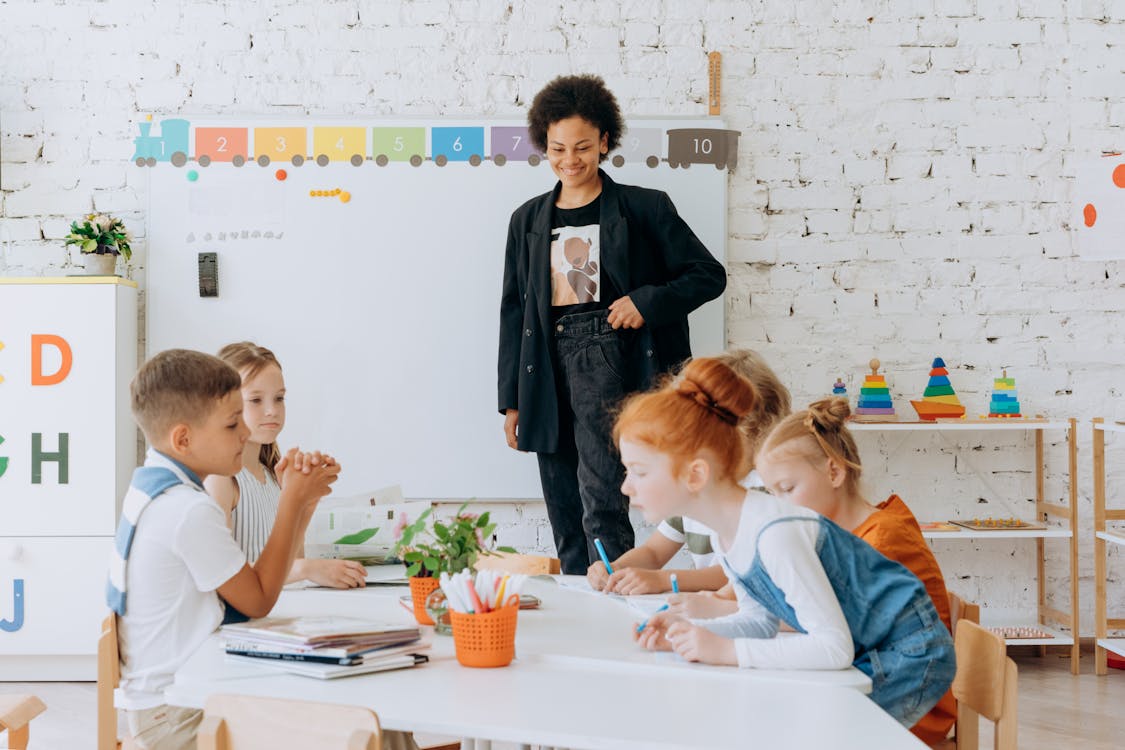Unlocking Potential: Exploring the Montessori Method's Child-Centered Approach to Education and Development
The Montessori Method stands as a beacon in the realm of education, offering a unique and holistic approach that places the child at the center of the learning journey. Developed by Dr. Maria Montessori in the early 20th century, this method revolutionized traditional teaching paradigms by emphasizing self-directed learning, individualized instruction, and hands-on exploration. Let's delve into the essence of the Montessori Method and understand how it nurtures the innate potential of every child.
1. Child-Led Learning:

At the heart of the Montessori Method lies the belief that children are naturally curious and driven to explore their environment. Instead of imposing a rigid curriculum, Montessori educators guide children towards self-discovery by providing a rich and stimulating environment filled with age-appropriate materials and activities. This child-led approach fosters a sense of autonomy, independence, and intrinsic motivation, laying a solid foundation for lifelong learning.
2. Prepared Environment:
Montessori classrooms are carefully designed to facilitate independent exploration and learning. Each environment is thoughtfully organized into distinct learning areas, such as practical life, sensorial, language, mathematics, and cultural studies. Materials within these areas are meticulously chosen to align with children's developmental stages and interests, promoting engagement, concentration, and mastery.
3. Hands-On Manipulatives:

Central to the Montessori Method are hands-on learning materials known as Montessori materials or manipulatives. These materials are designed to be self-correcting, allowing children to learn through trial and error without fear of failure. Whether it's using wooden puzzle maps to explore geography or bead bars to grasp mathematical concepts, these tactile experiences ignite the senses and deepen understanding through concrete experiences.
4. Individualized Instruction:
Recognizing that every child is unique, Montessori educators tailor instruction to meet the diverse needs and interests of each learner. Rather than adhering to a one-size-fits-all approach, teachers observe and assess children's progress, providing personalized guidance and support as they navigate their learning journey. This individualized attention fosters a sense of belonging, confidence, and self-esteem among children, empowering them to reach their full potential.
5. Respect for the Child:

Fundamental to the Montessori philosophy is a deep respect for the child as an individual with inherent dignity, rights, and capabilities. Montessori educators cultivate a nurturing and supportive learning environment where children are valued, heard, and respected. Through positive reinforcement, open communication, and mutual trust, teachers foster meaningful connections with their students, laying the groundwork for a lifelong love of learning.
6. Focus on Practical Life Skills:
In addition to academic learning, the Montessori Method places a strong emphasis on practical life skills that promote independence, responsibility, and self-care. From pouring water and buttoning shirts to preparing snacks and caring for plants, these everyday activities empower children to develop essential life skills that serve them well beyond the classroom walls.
7. Global Perspective and Cultural Awareness:

Montessori education extends beyond academics to cultivate global citizens with a deep appreciation for diversity, culture, and interconnectedness. Through exposure to multicultural materials, celebrations, and traditions, children develop empathy, respect, and understanding for people from all walks of life. This global perspective fosters a sense of empathy, social responsibility, and a desire to contribute positively to the world.
In essence, the Montessori Method transcends traditional notions of education, offering a holistic approach that honors the unique potential of every child. By fostering a love of learning, independence, and respect for oneself and others, Montessori education equips children with the skills, knowledge, and mindset to thrive in an ever-changing world.

 Cricket Score Counter
Cricket Score Counter Heads or Tails
Heads or Tails
You have not logged in, please Login to comment.